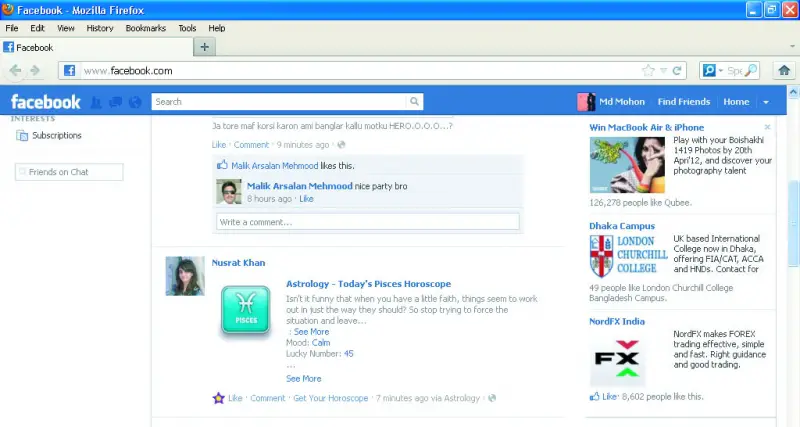

But in 1994, Stratton Oakmont sued Prodigy for defamation after an anonymous user claimed on a Prodigy bulletin board that the financial company’s president engaged in fraudulent acts. The former is featured in The Wolf of Wall Street, and the latter was a pioneer of the early internet. In the midst of this was a lawsuit between two companies you might recognize: Stratton Oakmont and Prodigy. This would also make websites and platforms responsible for any indecent or obscene things their users posted. In an attempt to regulate this situation, in 1995 lawmakers introduced a bipartisan bill called the Communications Decency Act, which would extend laws governing obscene and indecent use of telephone services to the internet.

There was a lot of porn floating around, and anyone, including impressionable children, could easily find and see it. In the early ’90s, the internet was still in its relatively unregulated infancy. It could affect websites of all sizes and online discourse.

A repeal of Section 230 wouldn’t just affect the big platforms that seem to get all the negative attention, either. If the law were taken away, many websites driven by user-generated content would likely go dark. Without Section 230’s protections, the internet as we know it today would not exist. If a Yelp reviewer were to post something defamatory about a business, for example, the business could sue the reviewer for libel, but thanks to Section 230, it couldn’t sue Yelp. That third-party content could include things like a news outlet’s reader comments, tweets on Twitter, posts on Facebook, photos on Instagram, or reviews on Yelp. Section 230 says that internet platforms hosting third-party content are not liable for what those third parties post (with a few exceptions). While President Biden pushes Congress to pass laws to reform Section 230, its fate may lie in the hands of the judicial branch, as the Supreme Court is considering two cases - one involving YouTube and Google, another targeting Twitter - that could significantly change the law and, therefore, the internet it helped create. After all, these internet-based businesses are now some of the biggest and most powerful in the world, and users’ ability to speak freely on them bears much bigger consequences. The debate centers around whether we should reconsider a law from the internet’s infancy that was meant to help struggling websites and internet-based companies grow. People from both political parties and all three branches of government have threatened to reform or even repeal it. The law was created almost 30 years ago to protect internet platforms from liability for many of the things third parties say or do on them.ĭecades later, it’s never been more controversial. You may have never heard of it, but Section 230 of the Communications Decency Act is the legal backbone of the internet.


 0 kommentar(er)
0 kommentar(er)
